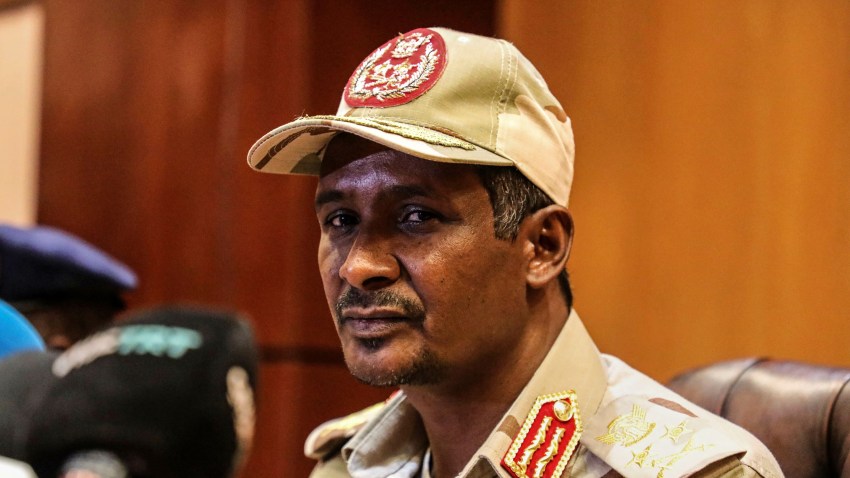In most Hollywood films that use civil wars in Africa as a plot device, the commanders of armed groups are usually portrayed as erratic tyrants with little understanding of the wider world. Such assumptions even permeate news coverage of subnational militias, tribal forces and armed political factions, contrasting their supposedly primitive structures with those of state militaries. Yet as clashes in Sudan between the paramilitary Rapid Support Forces, or RSF, and the regular military escalate into full-blown civil war, the extent to which the geopolitical sophistication of such warlords has been underestimated is becoming increasingly clear.
In contrast to the crude narrative often constructed in Western media, armed groups like the RSF in Sudan, the Libyan National Army, or LNA, in Libya and the militias that became pillars of the dynastic Deby regime in Chad combined vicious disregard for civilians with a shrewd understanding of how they could manipulate great power rivalries and regional economic systems to their own advantage. Senior commanders that dominate these armed groups—such as the RSF’s Mohamad Hamdan Dagalo, known as Hemedti, in Sudan and the Deby family in Chad—are quite effective managers of large organizations controlling far-flung business empires and patronage networks. Even a less skilled warlord like the LNA’s Gen. Khalifa Haftar in Libya has managed to obtain assistance from people with the necessary experience in military affairs, banking, intelligence operations and other fields to help him keep a large armed force well-equipped and financed.
The extent to which such institutionally complex forms of “warlord-ism” have expanded in power and regional scope was already visible in the civil wars that tore Chad apart in the 1970s and 1980s. Various armed formations began as rebel militias taking on a centralizing government in a conflict that drew in Libya, which under then-leader Muammar Gadhafi sought to annex territory in northern Chad, and France, which as the former colonial power intervened to push the Libyans back. Over time, the effectiveness of these irregular militias in Chad enabled commanders such as Hissein Habre and Idriss Deby to seize presidential power and legitimize their positions as internationally recognized heads of state.

